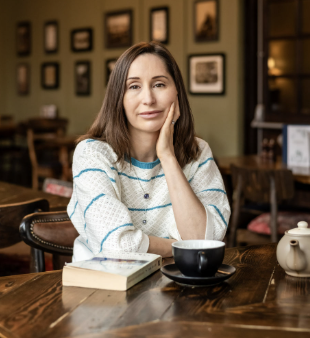Do a quick Google search of 'what is integrative therapy?', and you get a helpful handful of standard explanations. By way of example, Counselling Tutor, says:
"An integrative approach to counselling and psychotherapy involves drawing upon more than one modality. The blending of relevant theory and interventions an approach is formed to suit the needs of the client."
As an integrative therapist, I do find that a knowledge of and an open-mindedness to different ways of understanding ourselves and to working with others allows me to be flexible and intuitive about finding a therapeutic language that has resonance to people.
The truth is, however, that your experience in therapy with an integrative therapist - and arguably therapists of all discipline - will be different, because the missing piece of this integration is you and them. The alchemy of integrative therapy does not lie in the wealth of theories that enrich the practice, it lies in the relationship.
As part of my practice, I integrate object relations - a psychodynamic theory in origin, which is guided by the fundamental belief that our development is profoundly affected by our earliest experiences in relation to caregivers - with humanist theories and practices. Humanistic approaches are characterised by the shared beliefs that people are essentially good and are driven by personal growth and fulfilment.
I see object relations as the vehicle for insight into and understanding of a person's relational development and world view. With this understanding, humanistic approaches then create the conditions in which healing, growth and change may occur. Taking a humanist approach to being with another person means that I hold empathy and the therapeutic bond between you and me as the bedrock of any effective healing.
What I like about an integrative approach to therapy is that, in its very nature, it does not seek to say 'this is the right way'. It acknowledges that we respond to and are healed by different ways of understanding the world and our place within it.
Unfortunately, this does mean that, unlike getting a referral for good a handy-man or reliable cleaner, there is no one-size-fits-all when it comes to therapy. Finding the right therapist for you, regardless of modality, will be specific to you and can be a delicate process. Ultimately, it can boil down to a chemistry between souls.
Miriam Christie is a verified welldoing.org counsellor in South East London and online

